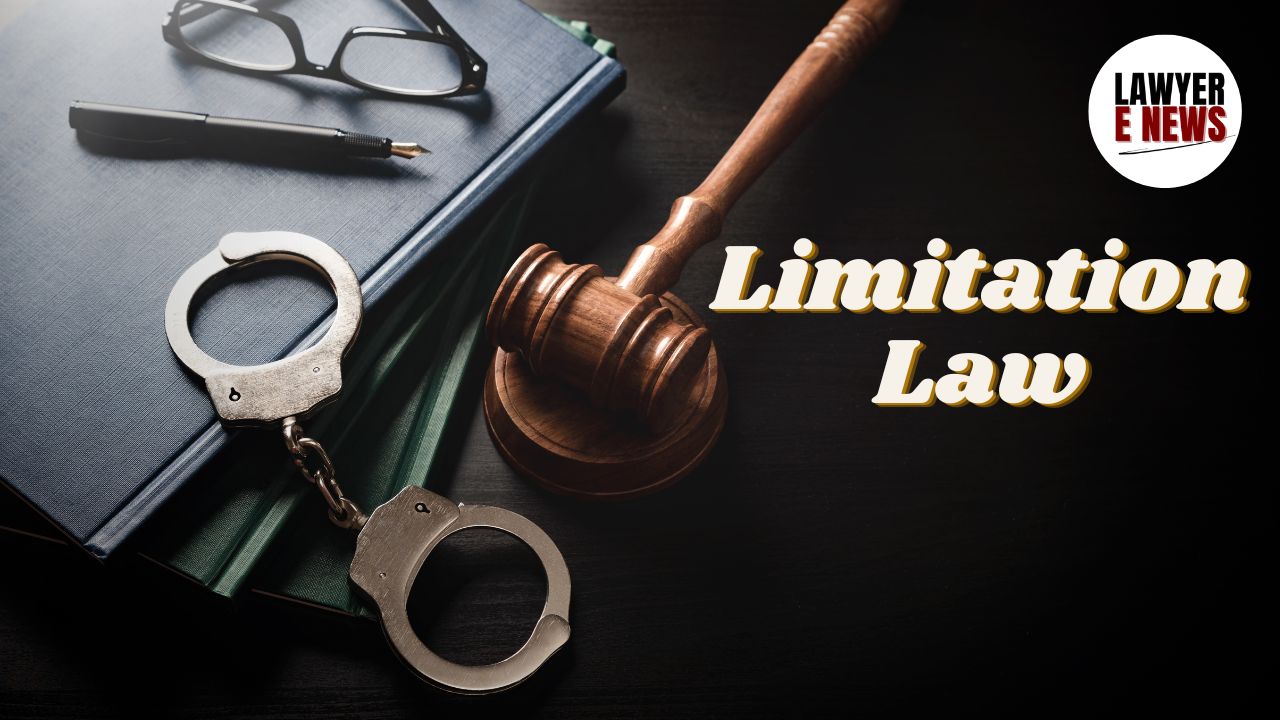-
by Admin
15 February 2026 5:35 AM



Supreme Court of India set aside a Madhya Pradesh High Court order dismissing an appeal due to a 1637-day delay in filing. The Supreme Court highlighted that the right to appeal, especially in matters of personal liberty, is integral to Article 21 of the Constitution and must not be dismissed on procedural technicalities without examining the reasons for delay.
The appellant, Mahesh Singh Banzara, was convicted by a trial court in 2015 for offenses under Sections 366 and 376(2)(n) of the Indian Penal Code (IPC). He was sentenced to 10 years of rigorous imprisonment along with fines. The appellant claimed that due to financial constraints and the need to relocate for livelihood, he could not file his appeal within the prescribed time.
In 2021, he sought to file an appeal in the High Court, accompanied by an application to condone the 1637-day delay. The High Court dismissed the application, stating that the reasons provided indicated abscondence rather than genuine inability, thereby rejecting the appeal itself. Aggrieved, the appellant approached the Supreme Court.
The Supreme Court emphasized the constitutional significance of the right to appeal, particularly in criminal cases affecting personal liberty. Quoting Dilip S. Dahanukar v. Kotak Mahindra Co. Ltd. and Rajendra v. State of Rajasthan, the Court observed:
"An appeal is a statutory right, and the right to challenge a conviction is integral to the expansive interpretation of Article 21. Dismissing an appeal solely due to delay, without examining the reasons, undermines this fundamental right."
The Court criticized the High Court’s approach of dismissing the appeal on procedural grounds without assessing the substantive reasons for the delay. It stated:
"Justice must not be sacrificed at the altar of procedural formalities. Technicalities must yield to the larger cause of justice."
The Court found the appellant's explanation of financial hardship and livelihood struggles plausible. It noted that procedural requirements should not obstruct access to justice for socio-economically disadvantaged individuals.
The Supreme Court condoned the delay and restored the criminal appeal to the file of the Madhya Pradesh High Court, directing it to adjudicate the appeal on merits. The Court remarked:
"In cases concerning personal liberty, courts must exercise utmost caution and ensure procedural fairness is not a barrier to substantive justice."
This judgment reaffirms the judiciary’s commitment to protecting the fundamental rights of individuals, emphasizing that procedural barriers must not impede access to justice. By prioritizing substantive justice over technicalities, the Court has underscored the paramount importance of the right to appeal in safeguarding personal liberty.
Date of Decision: January 2, 2025
